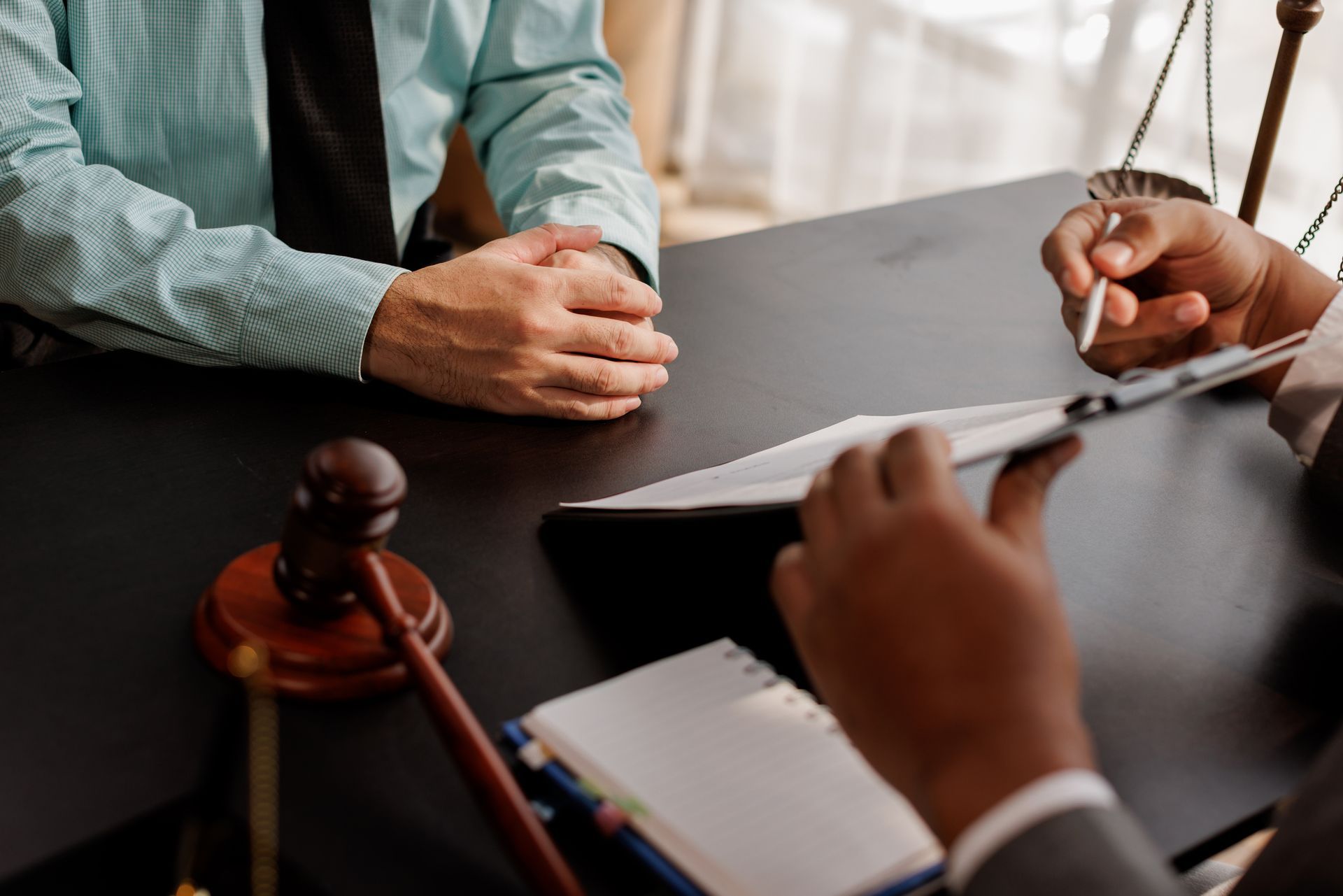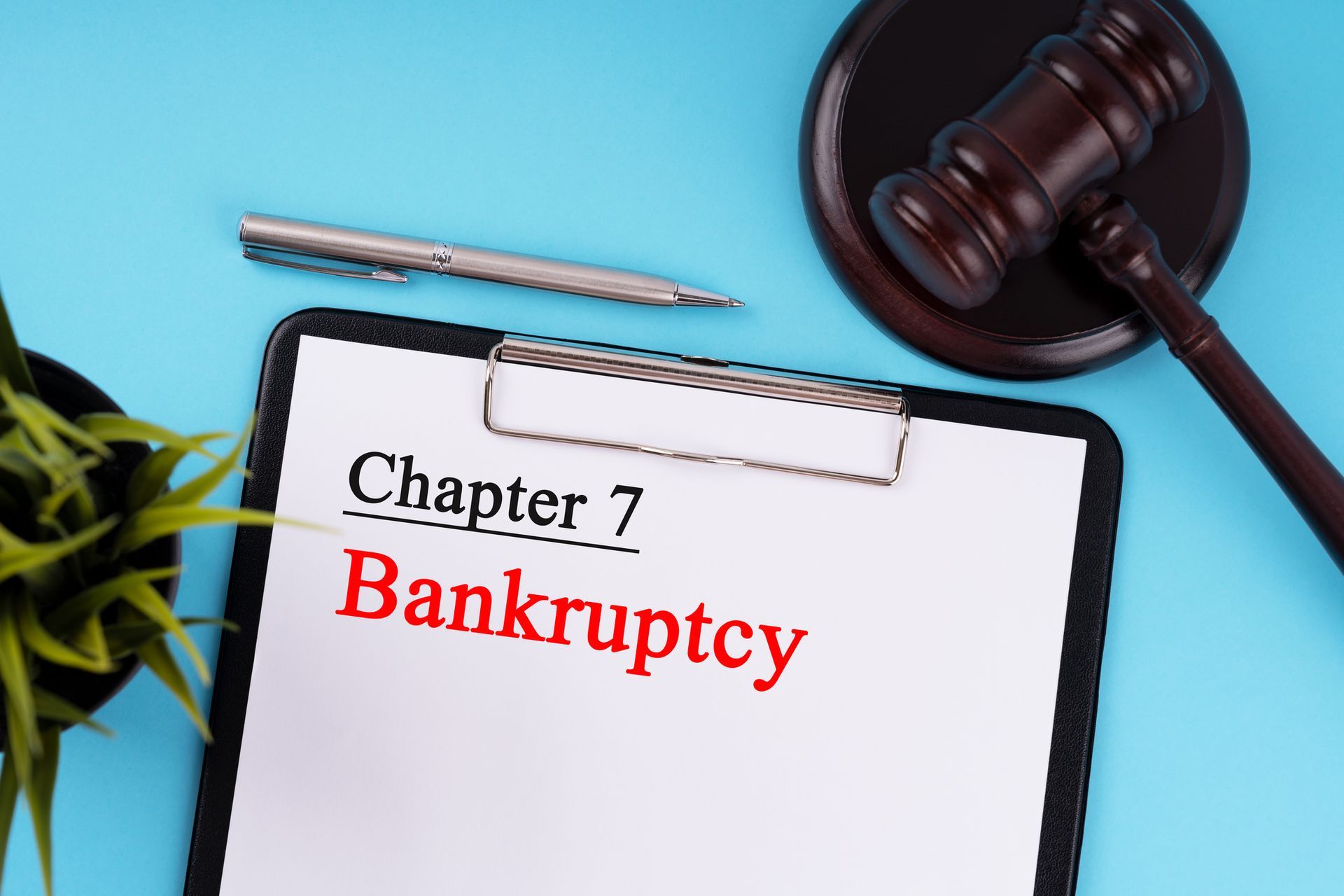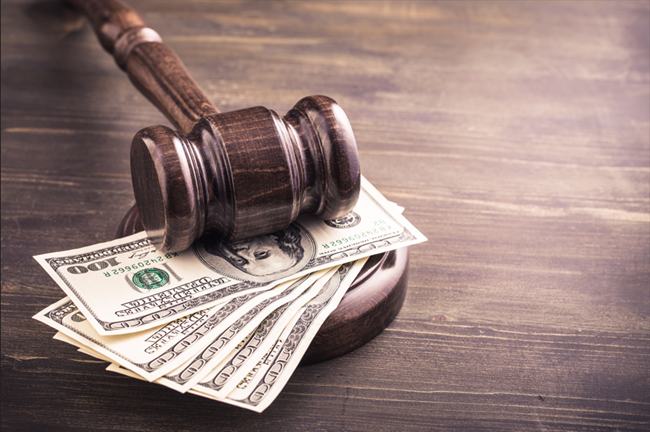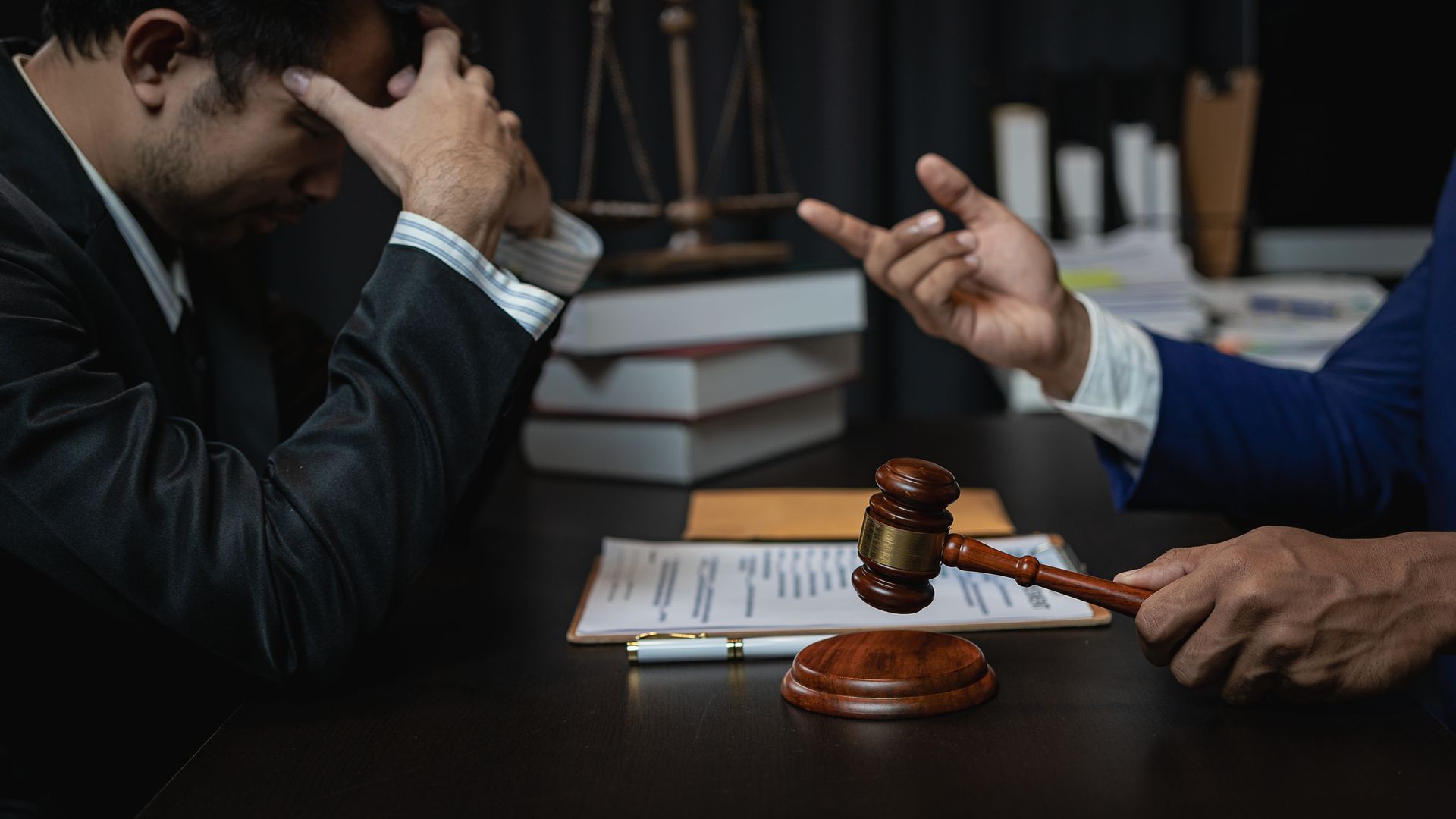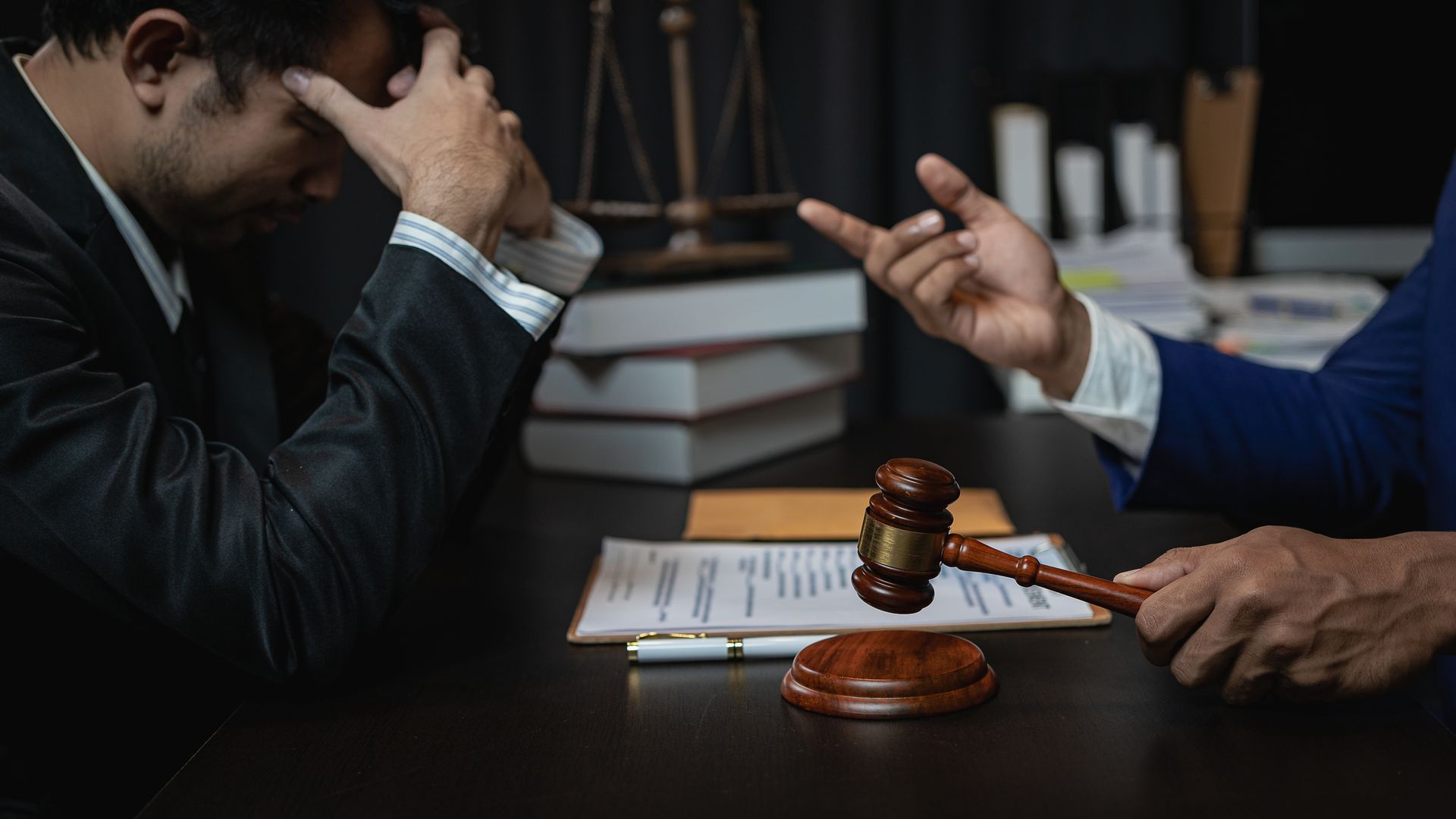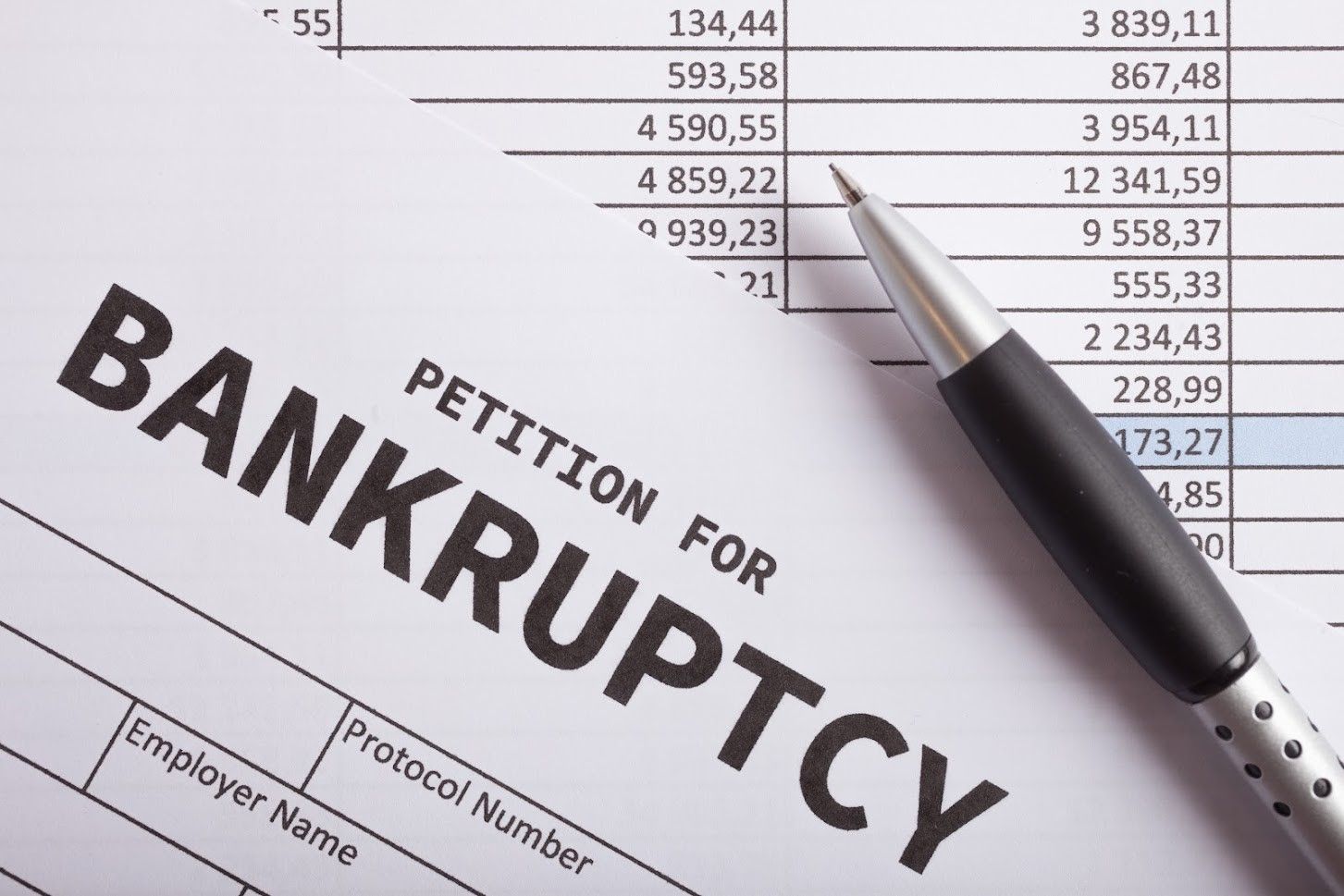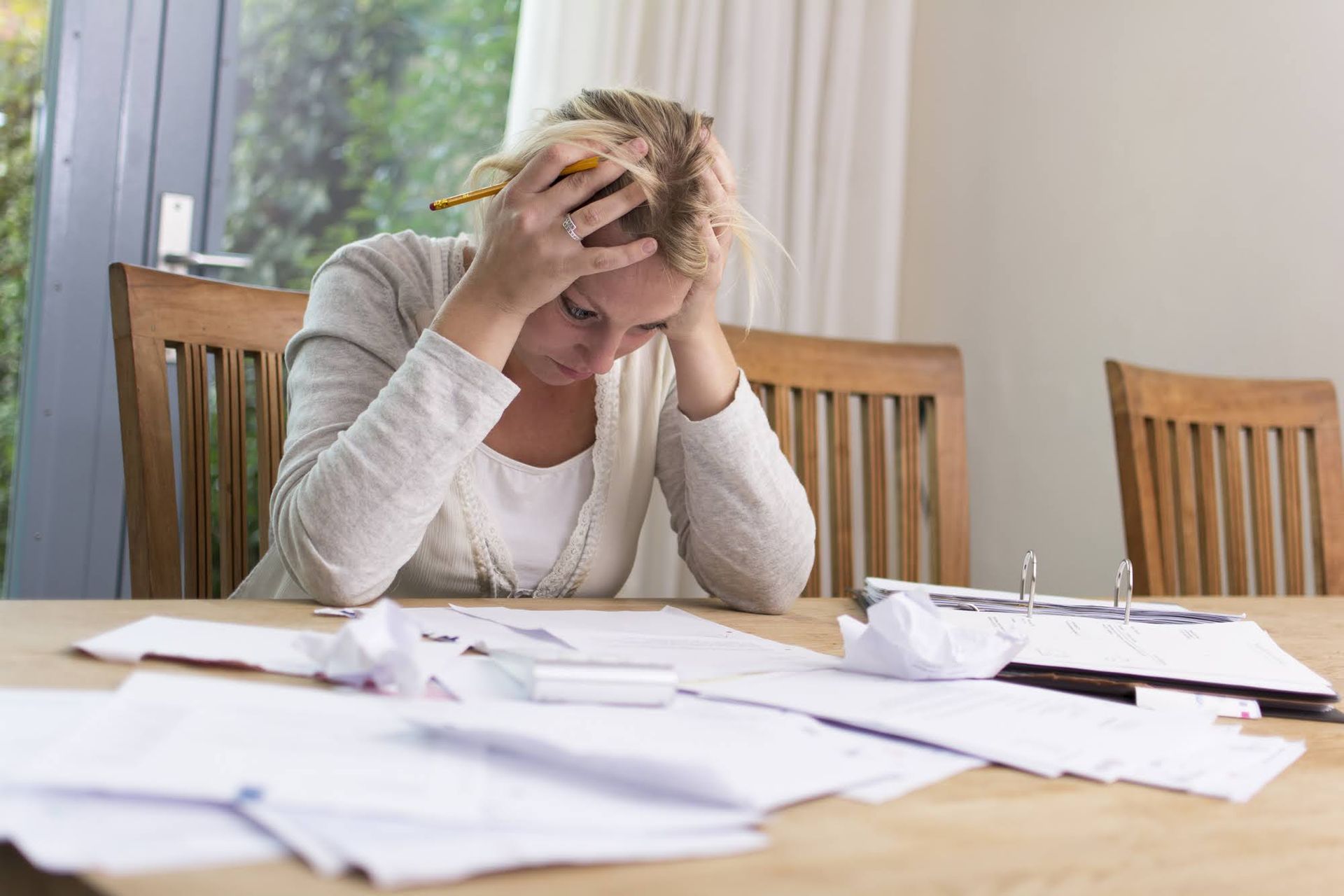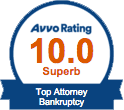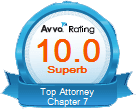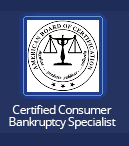How Chapter 7 or 13 Bankruptcy Can Affect Your Business

Filing for personal bankruptcy can greatly affect your business. Do you believe your business assets are separate from your personal assets? With personal bankruptcy, the two are often inextricably connected. Know how a personal bankruptcy can affect your business before you commit to the process. That way, you can make a more informed decision.
How Chapter 7 Bankruptcy Can Affect Your Business
Chapter 7 bankruptcy involves the liquidation of your assets. Your business or your business assets can become part of that process. In Michigan, a person can claim several exemptions, and many of those exemptions can apply to a business or your ownership of a business.
You can use exemptions to protect business assets, but you still must keep to the exemption rules. For example, Michigan allows for up to a $700 exemption for computers and accessories. You can claim your business computer with this exemption, but you may have to sacrifice some other assets to the trustee for liquidation to do so.
Your stake in a business can also represent an asset the trustee can liquidate to satisfy debts. If you're the sole owner of a business, chances are you might not have enough exemptions available to cover the whole business.
As this is personal bankruptcy, you still need to worry about personal assets you might want to exempt, which might make it impossible to exempt some of the business assets. The best solution is to save what you can by working with a bankruptcy professional to figure out how best to go about the process.
How Chapter 13 Bankruptcy Can Affect Your Business
Chapter 13 bankruptcy doesn't involve liquidation. Instead, you or the bankruptcy trustee will come up with a court-approved plan for repayment of your debts. The plan must take into account your current assets and your current and future income. However, Chapter 13 bankruptcy only happens if you aren't eligible for Chapter 7.
If you do manage to qualify for Chapter 13, your business assets are safe to an extent. This type of bankruptcy requires you to have income
coming in. Chapter 13 seeks out anything that can fall under the category of disposable income, and you must report all that income and potential future income.
If you're a business owner or have a stake in a business, then there's a high likelihood you receive income from the business in one way or
another. That income will have to go toward your debt repayments.
Having income from your business go strictly toward debt can negatively affect any plans you previously had with those funds. If that income from the business is the income you subsist on, then you may have to take large hits to your lifestyle or quality of life to handle the debt repayment, which can last for several years.
How You Can Protect Your Business During a Personal Bankruptcy
Businesses come in a lot of different flavors, and variables exist with bankruptcy that depend on the type of business, its bylaws, and your own position with the business. Some business structures receive different considerations with any type of bankruptcy.
The best way to protect your business, its assets, or your stake in a business is to speak with a bankruptcy professional about your situation.
Having some guidance concerning which steps to take can help you protect your business and business assets or at least mitigate as much damage to these things as possible.
Ask questions and make sure you fully understand the situation before committing to a personal bankruptcy procedure. Solutions exist. To learn more about how to protect your business or shield it from personal bankruptcy,
contact Charles J Schneider PC for a consultation right now.

